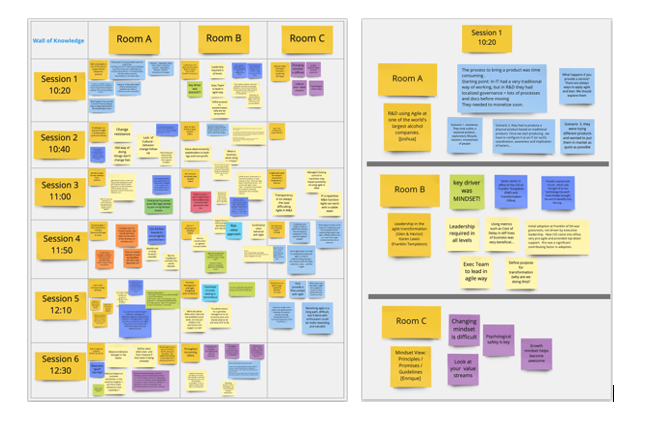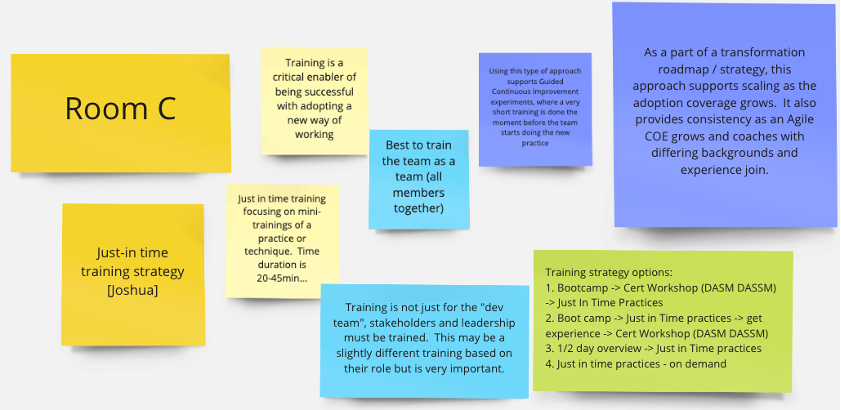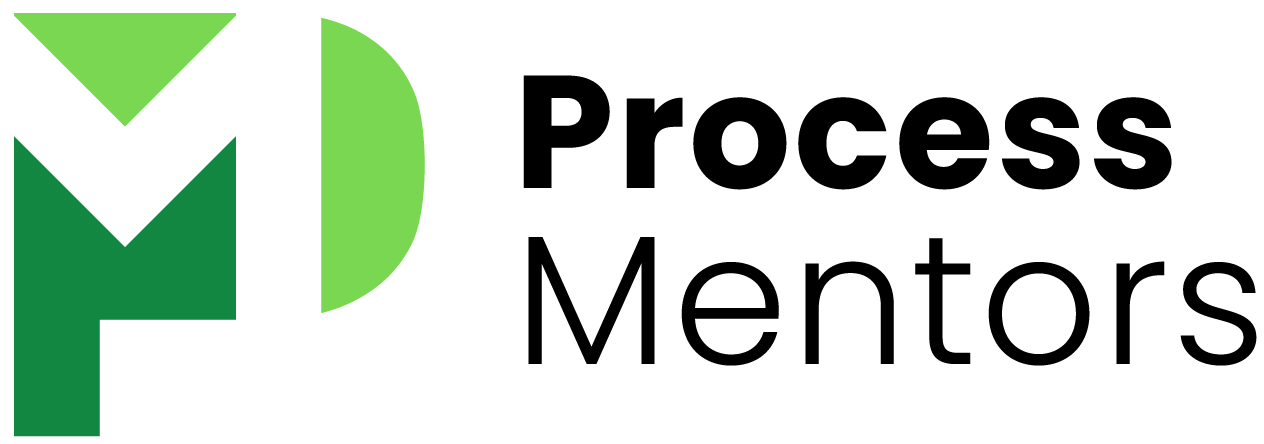
No one needs to tell you this year has been different. Despite all of the unique and significant hardships, on the positive side, we continue to see strong interest in Disciplined Agile with practitioners and leadership. As the global pandemic emerged in every corner of the world this past spring, business agility that enables change to a direction at a lower cost may have never been so important. Business Agility is the heart of what Disciplined Agile offers.
With Disciplined Agile, a constant truth has always been that Disciplined Agile is made better when the community is actively engaged. This is a cornerstone of DA’s evolution, the results of those using it to deliver value. Determining how best to engage has been a continuous struggle for all of us this year. We were all forced to choose different ways of working.
We have never been more committed to playing a seminal role in the continued building and strengthening of the DA community. Spanning the last six months, our All Things Disciplined Agile Webinar series has played a role in building the community for which we are very thankful.
Process Mentors has some of the deepest roots and experience in DA. We’ve called upon thought leaders from PMI, including Mark Lines, Scott Amber, Al Shalloway, instructors, practitioners, partners, and customers, to give their time to join us for weekly sessions. The goal is for all to learn from each other. We are thrilled to share community participation has grown every week.
We also built out the All Things Disciplined Agile Forum as an independent resource for the community to collaborate. As that part of the community is growing every week, the available information will provide everyone value.
While both of these have been tremendously successful, a few things were still missing as we evolved our own ways of working with each other and with clients, both new and old. Some of what was still missing included interacting with large groups of practitioners and clients and breaking through to communicate the value of Disciplined Agile to the executive level. The decision-makers that practitioners look to bring a way of working that is fit for their purpose.
Back in 2019, the then Disciplined Agile Consortium hosted a very successful unconference in Las Vegas. Thought leaders and practitioners from across the world came together for two days of stimulating discussion on DA. Over the past several months, we’ve attended a few different virtual unconference or Open Space type virtual events aimed at practitioners.
They provided value, but we were left with the feeling that they didn’t deliver anywhere near the same experience as the in-person conferences. We attributed this to some significant limitations on the technology platforms used, which resulted in a disjointed feeling.
It was at this point that the power of the DA community came together to solve the problem. Process Mentors worked with the leaders Certificacionpm in Spain and Proyectum across South America to successfully run the Building a Bridge to Business Agility Unconference, which we believe is the first virtual unconference specifically for business leaders. This invitation-only event was designed from the ground up to educate business leaders who have demonstrated interest in DA but have yet to fully commit to using DA.
While we stuck to the mission, purpose, and format of a true unconference as best as possible, one slight altercation was we pre-prepopulated some of the agenda with sessions we knew attendees would want to learn about from direct requests and previous conversations. Another reason for doing this is that the agenda selection process at other virtual unconferences we attended was cumbersome and time-consuming. Given that our participants were mostly executives, it was essential to maximize our time with them and get them engaged in sessions as quickly as possible. We ran a total of four tracks with six sessions in each track. Some of the topics explored included challenges to a successful agile transformation, agile for non-software work, agile customer successes, agile for commercial construction, agile for IT infrastructure, just in time training, portfolio management, and agile budgeting. Additionally, we were fortunate enough to have Disciplined Agile co-creator Scott Ambler join us for a Ted Talk-style Keynote.
All sessions were fast-paced, informative, and engaging. A key to making this successful was the diversity of topics, ideas, and individual business problems faced by business executives in different industries and geographies.
Just like in a physically located setting, we had a wall of knowledge. Using a virtual collaboration canvas, attendees captured thoughts and takeaways on virtual sticky notes.


More importantly, the event delivered on its core purpose of increasing the adoption of Disciplined Agile with key clients worldwide.
Managing and executing any event is challenging. It would have been impossible for Process Mentors to do it alone. Another key reason for the success is the fantastic set of companies we partnered with to make this happen. Claudia Alcelay with certificationpm and Hector Perez, Enrique Ledesma, Edgar Vasquez, and Javier Gonzalez with Proyectum each delivered valuable contributions to the success of this unconference.
We did learn lessons on how we can improve unconference for business leaders moving forward. Yes, this was a challenging year for everyone. Understanding choosing your way of working applies to many different parts of your business, can result in enormous gains.

We help implement lean and agile methodologies to streamline processes in a context-sensitive manner.
Quick Links
Latest Posts
All Things Value Delivery Management – Value Flow Factor 1: Small Items
Is the size of work the minimum scope to provide value a customer can consume? In most cases, the answer is no. However, whether it is a project, business case, charter, work package, epic, etc., we can almost always identify a minimum business increment. Relentless...
Project Manager to Value Delivery Manager
Here we have a common problem. The “agile team” comprises a product owner, team coach, and team members. Far too often, I hear something like, “there are no project managers in agile.” Agile teams are empowered to make decisions and determine how to get the work done....
